The RSE community has enthusiastically supported COVID-19 research: responding en masse to requests for help via a number of local and national initiatives – both funded and voluntarily. On this page, we will link to the work we are aware of. If you have something to add to the page, please fill out this short form or get in touch.
See this post for a further discussion about the role of software and RSEs in relation to COVID-19.
COVID-19-related projects with significant RSE involvement
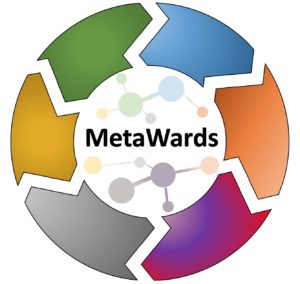
MetaWards implements a national-scale stochastic metapopulation model of disease transmission in Great Britain. A Python port of the original package has been performed by the Bristol RSE Group and Christopher Woods has written blog posts about the process.
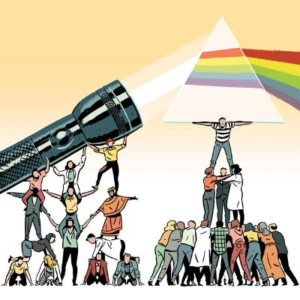
The Scottish COVID-19 Response Consortium is a major collaboration (including large numbers of volunteers under the Royal Society’s RAMP scheme) developing multiple models relevant to the medium and long-term management of the COVID-19 pandemic in the UK and Scotland. This news item summarises the significant role of RSEs from groups including UKAEA, Manchester, Sheffield, Southampton/SSI and industrial partners such as Man Group.

The UCL RSE group have been building on several existing collaborations to support COVID-19 research including developing a workflow for medical images to create a repository of CT scans and X-rays from COVID-19 patients for researchers & building on their Experimental Medicine Applications Platform to develop dashboards for the UCLH intensive care units, among other applications. More information can be found in their news item from April.
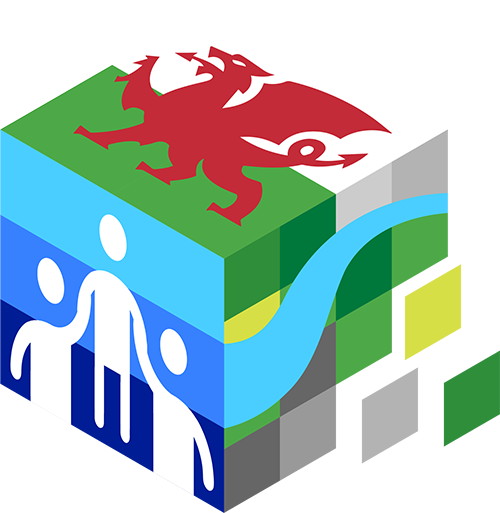
Covidresponsemap.wales is mapping the community response to COVID-19 in Wales using open data and digital footprint analysis to identify the communities in greatest need of support for Public Health Wales. Alastair Tanner, a member of the University of Bristol RSE group embedded in the MRC Integrative Epidemiology Unit was the RSE involved.
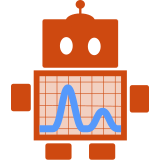
The RESIDE are working with researchers in the MRC Centre for Global Infectious Disease Analysis to develop and fit several models of disease dynamics to COVID-19 data from both the UK and other countries. A high-level summary of activities, with links to source code, is available on the RESIDE web site.
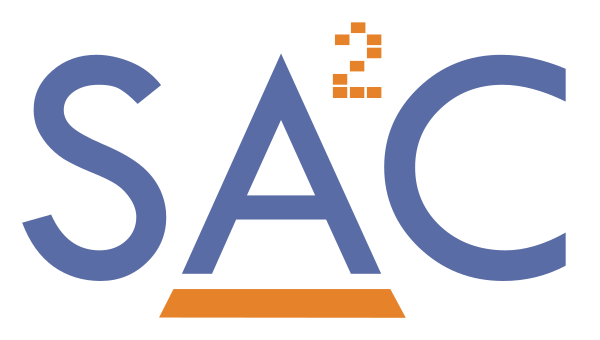
The Swansea RSE team of the Supercomputing Wales project, with support from the Swansea Academy of Advanced Computing & the Swansea SARS-CoV2 Modelling Team, has been adapting the LSHTM COVID-19 model to the Welsh context with the objective of simulating scenarios that can inform the policies in Wales. One of the first tasks was getting a version of the code to running on a supercomputer.
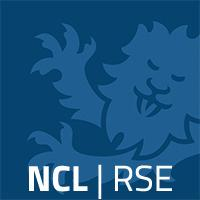
The Newcastle University RSE Team have worked on the Clinical Prioritisation and Allocation Tool to streamline triaging, using electronic health records, lab results & initial contact surveys to group incoming patients based on COVID patient healthcare policies. RSEs have also built a visualisation tool for community groups to see which postcodes are covered by volunteers & a real-time assessment of building use to monitor social distancing.
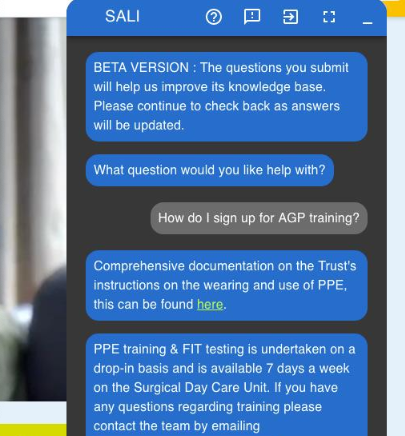
SALI, developed by STFC Hartree Centre, uses IBM Watson chatbot AI technology to provide Covid-19 related information for staff of Alder Hey Children’s Hospital. Using a combination of Watson Assistant & Watson Discovery, this provides a chatbot interface that links directly into the hospital’s internal documentation. It can answer questions on PPE fitting & training, setting up remote appointments, policy for vulnerable workers and more.
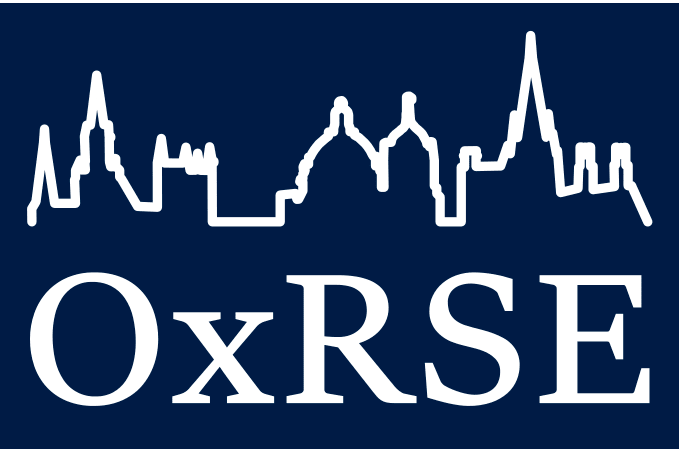
Global.health, a Data Science Initiative comprising collaborators from Oxford RSE, Google.org and Boston Children’s Hospital, replaced a manual spreadsheet-based form for recording Covid-19 case data with an automated ingestion pipeline, importing daily updates from government health departments across the world. The platform is deployed in a scalable cloud-based cluster using Kubernetes, AWS, and a serverless design with a NoSQL data store.
Research Community National COVID-19 response

UKRI Coronavirus Hub: gives you the latest information on the vital work of UKRI and our community in response to the crisis, what grants and awards we have made, and our continuing call to fund your ideas to limit the outbreak and protect life.

Rapid Assistance in Modelling the Pandemic (RAMP) is bringing modelling expertise from a diverse range of disciplines to support the pandemic modelling community already working on Coronavirus (COVID-19).
